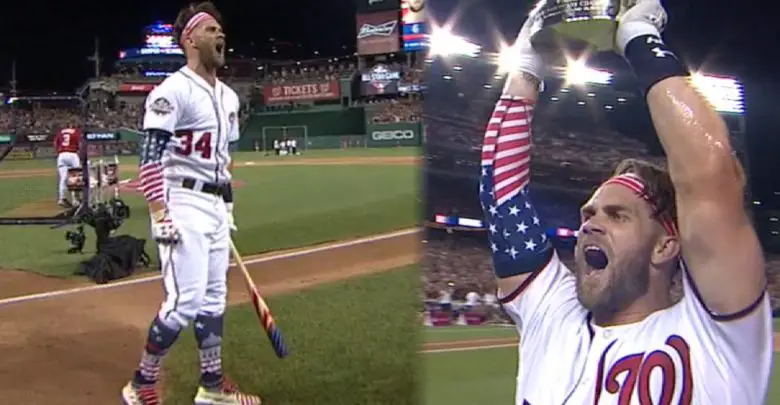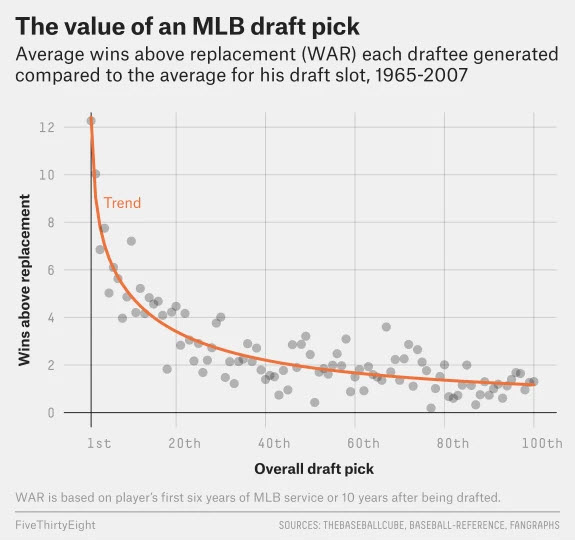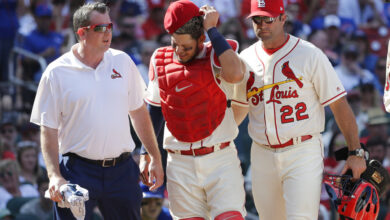
Cubs Not Pursuing Bryce Harper Would Be Irresponsible Given Massive Revenues
The Cubs exercised their $20 million club option on Cole Hamels Friday, simultaneously trading Drew Smylyto the Rangers for salary relief. As a result of these moves, the Cubs are projected to be $20 million dollars over the luxury cap in 2019. As a result, some are already speculating the Cubs are out of the Bryce Harper/Manny Machado derby. For example, Buster Olney reported that other teams believe the Cubs have limited payroll flexibility.
I cannot predict what the Cubs will do. Yet I can state the following: In exchange for paying the highest costs in baseball, Cubs fans have the right to expect a commensurate payroll.
The luxury tax is an artificial construct. The only true limitation on the Cubs’ payroll is their pocketbook and evidence suggests they have the financial means to support a $250+ million roster. The Cubs have voluntarily limited themselves to the luxury cap the past two seasons. In doing so, Forbes reports that they pocketed $100 million (before interest payments) in 2017 and likely earned the same in 2018.
On top of that, the Cubs will be launching a new broadcast network that could add another $100 million in annual revenue. In other words, the Cubs should be able to afford going about $50 million over the cap, pay the resulting penalties, and still earn healthy profits.
Bleacher Nation’s Michael Cerami thinks the Cubs might only add $10 million more in payroll so as to remain under the Tier 3 luxury tax cap. The argument is centered on losing 10 draft spots if they exceed the luxury cap by more than $40 million, but that’s a paper tiger. The graph below from a FiveThirtyEight article shows the average wins above replacement (WAR) by overall draft pick number.
For the immediate future, the Cubs will routinely pick 25th or higher in the draft because they are among the top 5 teams in baseball. A 25th overall pick averages 3 WAR over his career. If the Cubs lost 10 spots, they would draft around 35th, which has an expected value of 2.5 WAR. While that is certainly nothing to sneeze at, it is hardly grounds for passing up the opportunity to add an elite level player like Harper or Machado.
If the Cubs truly believe that the long term success of the team will be better served by using their money to re-sign Kris Bryant, Anthony Rizzo, and Javy Baez in three years, that is valid argument. Yet Harper is younger than both Bryant and Rizzo and is younger now than Baez will be at free agency. Why would we think they will be better investments in three years than Harper is today?
If management is not willing to re-invest the $100 million in annual earnings they accrued from limiting the payroll the past two years into Harper and his luxury tax bill, why should we support their continuing to spend below their weight grade. The Cubs have built a financial juggernaut. What was it for if not for this offseason?


